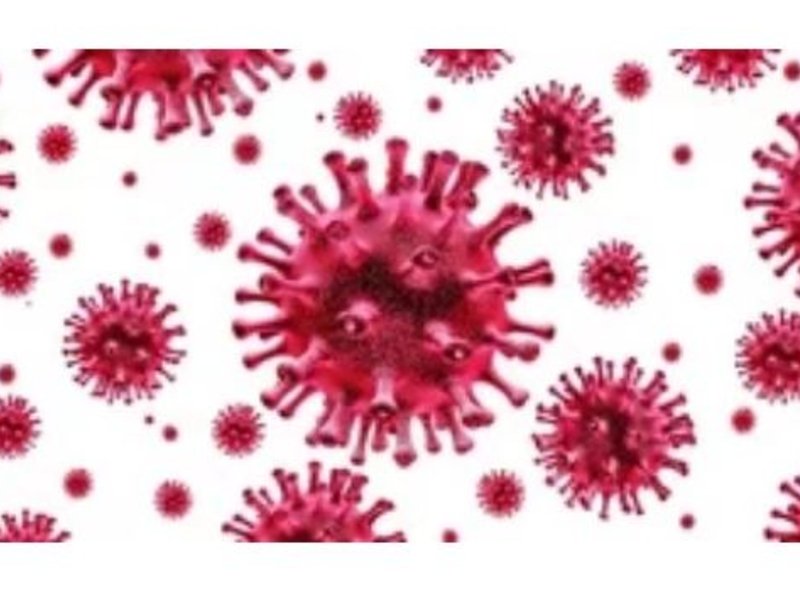
The current national emergency is not like those the country has managed through before.
The auto industry is rightfully proud of its role in World War II — and even in the wake of 9/11. But this is a different kind of battle against a different kind of enemy. The front lines are in hospitals and clinics, where nurses and doctors and other staffers bravely tend to those who are or may be infected with this deadly, flu-like virus. And many face a shortage of basic gear such as masks and gloves.
Just as it has in other calamities, the auto industry can and will help. General Motors, Ford and others are already preparing to aid in the manufacture of much-needed ventilators vital to keeping alive those suffering the harshest effects from coronavirus infection.
This “Arsenal of Health” response, as some have taken to calling it, harks back to the vital role the American auto industry played in helping the Allies to victory in World War II. Tooling up and spooling up production of this crucial equipment will take time, money and tremendous effort.
It will get done, but until then, there is something vitally urgent that every automaker, every supplier, every dealer and every aftermarket service provider can do right now: Call your local hospital and donate — or sell at cost, if you must — every piece of useful personal protection equipment in your inventory.
This equipment, which normally is so important to protecting the safety of workers in a variety of occupations across the industry, can be immediately repurposed to protect local health care workers as they struggle to care for patients fighting this deadly infection. Even if these supplies are located in factories far from those regions where infection rates are highest — such as New York City, San Francisco and Seattle — giving them to local hospitals will ease the demand strain and free up existing supplies for where they are most needed.
There’s no telling when automotive assembly and other business activities will return to normal, and any such considerations are secondary to the crisis at hand.
When that time comes, more people will be alive — including the brave women and men giving their all in medical facilities across this continent to keep us safe — because the industry as a whole kicked in to help.
Do it today. Do it now. Lives hang in the balance.